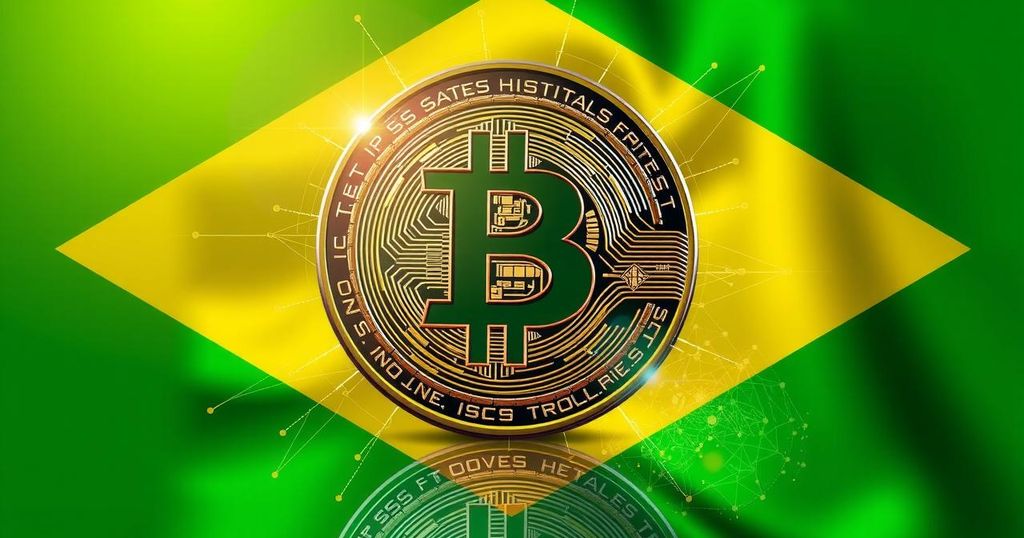Brazil Advocates Bitcoin Salaries as South Korea Rejects It for Reserves

Brazil is advancing legislation to allow salary payments in Bitcoin, aiming to invigorate its financial technology sector, while South Korea has ruled out Bitcoin for its foreign reserves due to concerns over volatility. This contrast highlights the ongoing global debate on Bitcoin’s legitimacy as an asset.
Bitcoin continues to create a divide among nations. In Brazil, lawmakers have proposed a bill to facilitate salary payments in Bitcoin, permitting employees to receive up to 50% of their remuneration in the cryptocurrency. The initiative is spearheaded by Federal Deputy Luiz Philippe de Orleans e Bragança and aims to enhance Brazil’s financial technology sector and attract investment within the crypto market, following examples set by Japan, Switzerland, and Portugal where such practices have been adopted.
Conversely, South Korea’s central bank, the Bank of Korea (BOK), has decisively rejected the inclusion of Bitcoin in its foreign exchange reserves. As reported by Korea Economic Daily, the BOK cited Bitcoin’s volatility and its inability to comply with the liquidity, market, and credit risk management standards established by the International Monetary Fund (IMF) as the primary reasons for their refusal.
The contrasting approaches highlight the global debate surrounding Bitcoin’s viability as a legitimate financial asset. While Brazil views Bitcoin as a means to modernize its payroll systems, South Korea expresses caution regarding its stability and potential for inflated transaction costs during conversions to cash. As Bitcoin’s adoption spreads across various financial sectors worldwide, the uncertainty surrounding its status persists.
Ultimately, should Brazil’s legislative proposal be approved, it may incentivize more companies to adopt cryptocurrency for wage payments. However, countries like South Korea remain skeptical, thus prolonging the discourse on Bitcoin’s place in the global economy.
In summary, the differing stances on Bitcoin between Brazil and South Korea reflect a broader uncertainty regarding cryptocurrencies in the global financial landscape. Brazil aims to innovate through Bitcoin salary payments, potentially benefiting its tech sector, while South Korea emphasizes risk management and stability by excluding Bitcoin from its reserves. The ongoing debate raises essential questions about cryptocurrencies as acceptable financial instruments.
Original Source: www.tipranks.com








